Yesterday, UNB Student Union Vice President Internal, Ali Balcom, spoke before a federal Parliamentary Committee to ensure educational materials are accessible and affordable for students.
We ask for your support in student access to materials that enhance our education, rather than compromise our learning through increased costs that would inevitably be passed along to us.
- Ali Balcom, VP Internal
The House of Commons Standing Committee on Industry, Science, and Technology (INDU), tasked with reviewing the Copyright Act, began its cross-country consultation process in Halifax, Nova Scotia on May 8th, 2018. Of particular interest in the context of education is the fair dealing clause that enables students and professors to utilize minimal portions of Copyrighted materials for educational purposes without additional cost.
Following afternoon deliberations where numerous professionals, including UNB President Dr. Eddy Campbell, shared their institutional perspectives, Ali addressed the committee to share a missing perspective: that of students – the everyday users of Copyrighted materials, such as textbooks, course readings, and videos.
As the only student from New Brunswick, she emphasized that diverse sources and perspectives, primarily accessible digitally, are fundamental to a well-rounded education through their promotion of critical-thinking and dialogue. Furthermore, she shared a position that students are all-too-familiar with but often goes overlooked in discussions such as these: the financial burden that accompanies a post-secondary education.
Drawing upon the recently proposed tuition hike at UNB and the already intense costs of pursuing a post-secondary education, she asserted that finances are a key factor in determining whether students are able to receive a university education. This was substantiated using data collected through TextBroke, a campaign previously conducted by the Student Union to understand the cost of textbooks and the potential for open educational resources; the results indicated that UNB students spent an average of $400 a semester on textbooks and 43% – nearly half of respondents – did not purchase one or more of their required textbooks.
To maintain academic the integrity and quality expected at institutions such as UNB, we must ensure that our textbooks, readings, videos, and other course materials are accessible and affordable for students; our education depends upon it.
If you are passionate about this issue or have any thoughts on this topic, please contact Ali Balcom at internal@unbsu.ca.







